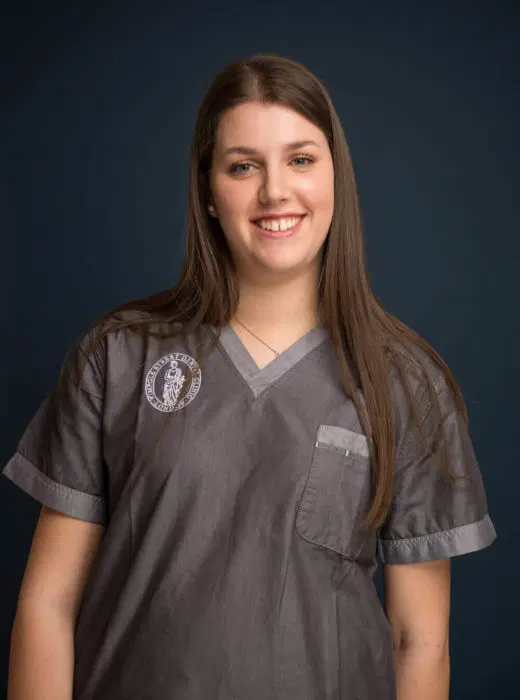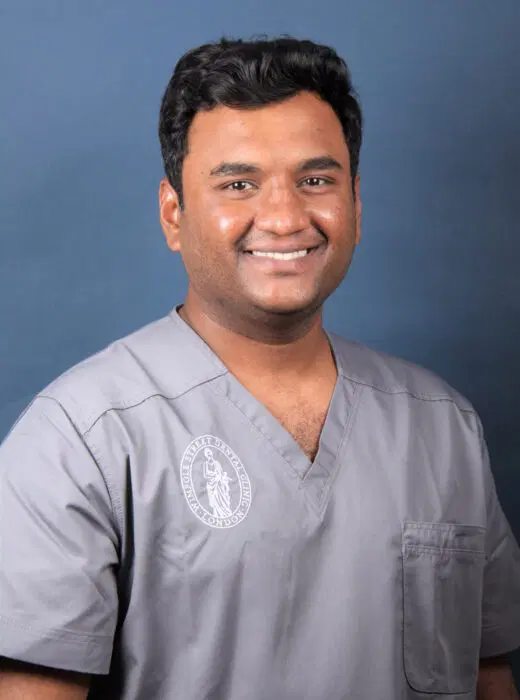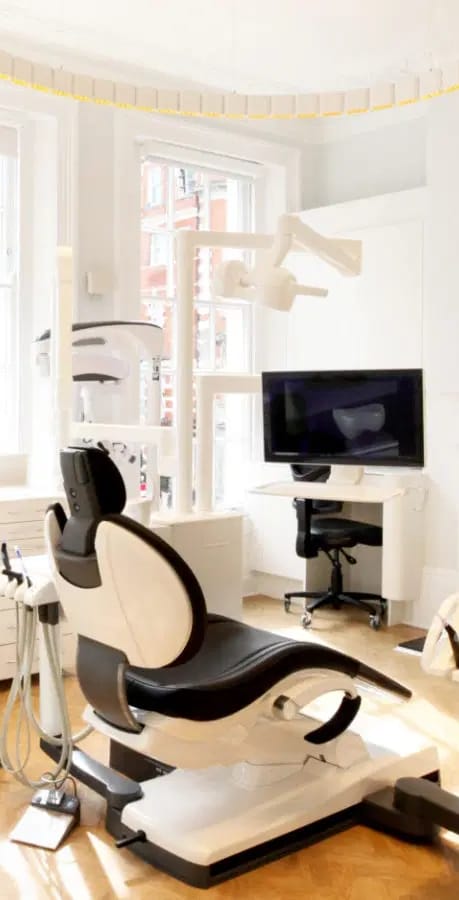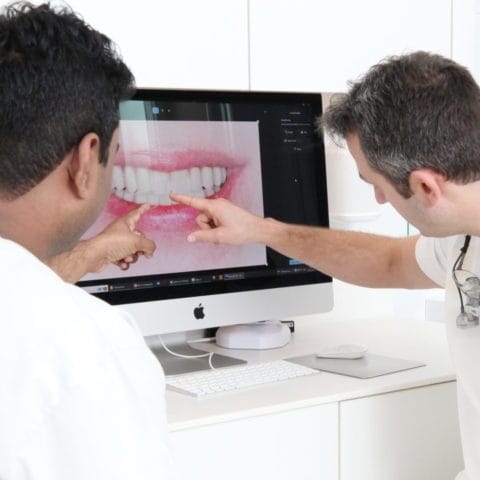Dentures in London
Full or partial removable dentures (false teeth) are a dental prosthetic made from acrylic plastic, nylon or metal materials and are designed to replace one or more missing natural teeth. This prosthodontic treatment is less invasive than a surgical option such as a dental implant or the use of a dental bridge.

Treatment
4+ hours

Price
From £2000

Team Experience
40+ years

Recovery Time
None

Google Rating
★★★★★ (4.9)
Examples of our work
Dentures are a reliable solution for restoring both function and aesthetics for those missing multiple teeth. At Wimpole Street Dental Clinic, our dentures case studies illustrate how we tailor each set for a natural look, comfort, and optimal fit. From partial to full dentures, these cases reveal the journey to a restored smile, enabling patients to speak, eat, and smile confidently again with results that blend seamlessly with their natural appearance.

Full or partial removable dentures (false teeth) are dental prosthetics made from acrylic plastic, nylon or metal materials and are designed to replace one or more missing natural teeth. This prosthodontic treatment is less invasive than a surgical option, such as a dental implant or the use of a dental bridge.
Full (or complete) dentures need the support of healthy gums as they are secured to them via a precise fit plus dental sealant (fixative adhesive) can be used if needed. Partial dentures are a smaller version of full dentures designed to be attached via clips to your neighbouring healthy teeth to close the gap created by the missing teeth.
What happens during treatment?
The treatment process for manufacturing and fitting dentures depends on the type of denture required and your own personal oral health situation. In most circumstances, our patients need partial or full dentures. However, in some cases, our patients might require immediate dentures that are fitted on the same day because they are in a rush to restore their smile back to normal (usually due to a special upcoming event for which they want to have their dentures ready). Same-day or immediate dentures however, are usually more costly and require greater dental resources to ensure a fast but comfortable fit for the patient.
Meet your award-winning Dentures dentist and team…
- We have over 75+ years of combined dentistry experience across our specialist team.
- 10,000+ treatments performed and counting.
- We are leaders in the dental industry – we regularly teach, lecture and publish our research work internationally.
Our Expertise
Here are just some of the benefits you can expect to receive at Wimpole Street Dental Clinic when you visit us for dentures dental treatment:
- Safe and established procedures due to over 1,000 successfully placed implants per year.
- Latest technology in diagnostics and therapy.
- Clinically and scientifically proven surgical methods by our dentists with decades of combined general dentistry and cosmetic dentistry experience.
- Offer a wide range of denture options including complete dentures, partial dentures and temporary dentures.
- High-quality implant systems.
- We only use dental implants from leading dental implant companies because they have to last 30 years or more
- Modern operating rooms.
- We have the ability to provide immediate dentures that can be fitted on the same day.
- Comfortable recovery rooms.
- Established high-end hygiene protocols.
- Convenient central London location accessible by bus, car or underground.

HELEN LI
Wimpole Street Dental has the highest most ethical standard of work, personable approach, clear and safe procedures, top notch excellence and reliability in treatment provided with utmost professionalism from crème de la crème world class specialists all under one roof.
Who is suitable for dentures?
Dental patients who seek to replace one or more missing teeth lost to tooth decay or accident, or who seek to replace all upper and lower teeth within the mouth, may be deemed suitable for partial or full denture treatment, respectively.
You may be considering dentures if you have experienced extensive tooth loss, but you still retain healthy gums and some healthy teeth showing no signs of periodontitis or gum disease and a strong jawbone, which are prerequisites to support a successful application of snug-fitting full or partial dentures in the mouth.
In many instances, with older patients, tooth loss has been inevitable due to years of wear and progressing gum disease. However, this doesn’t mean that young people can’t have dentures. Dentures for young people might not be as common, but it is still possible, particularly for young people who perhaps have suffered tooth loss from accidents or contact sports. Our dentists might recommend dentures over dental implants to young adults who regularly participate in contact sports such as rugby or boxing to avoid requiring repeat dental treatment every time a tooth or implant gets knocked out!
Take your first step with Wimpole Street Dental Clinic
Discover the path to a brighter smile with Wimpole Street Dental Clinic! Our team of skilled professionals utilises advanced technology to provide personalised dental care in a comfortable setting.
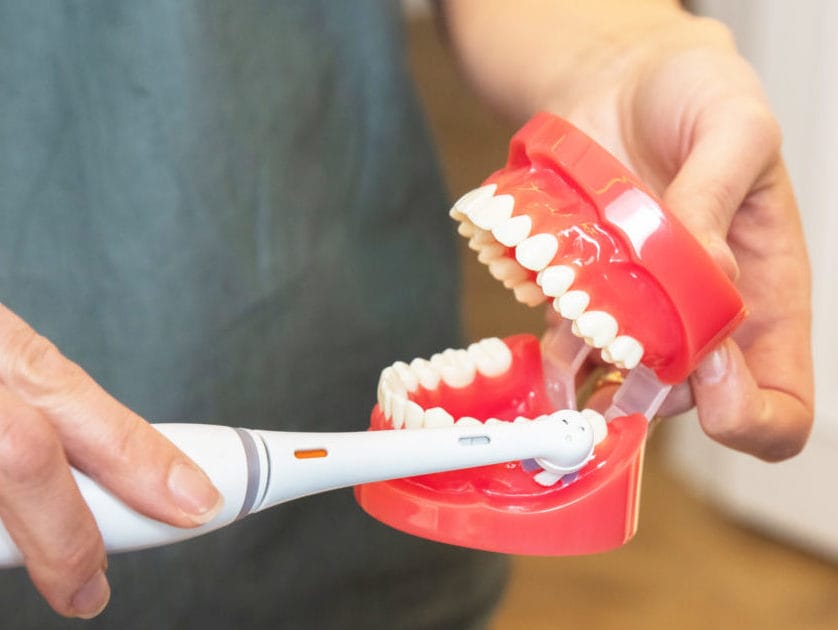
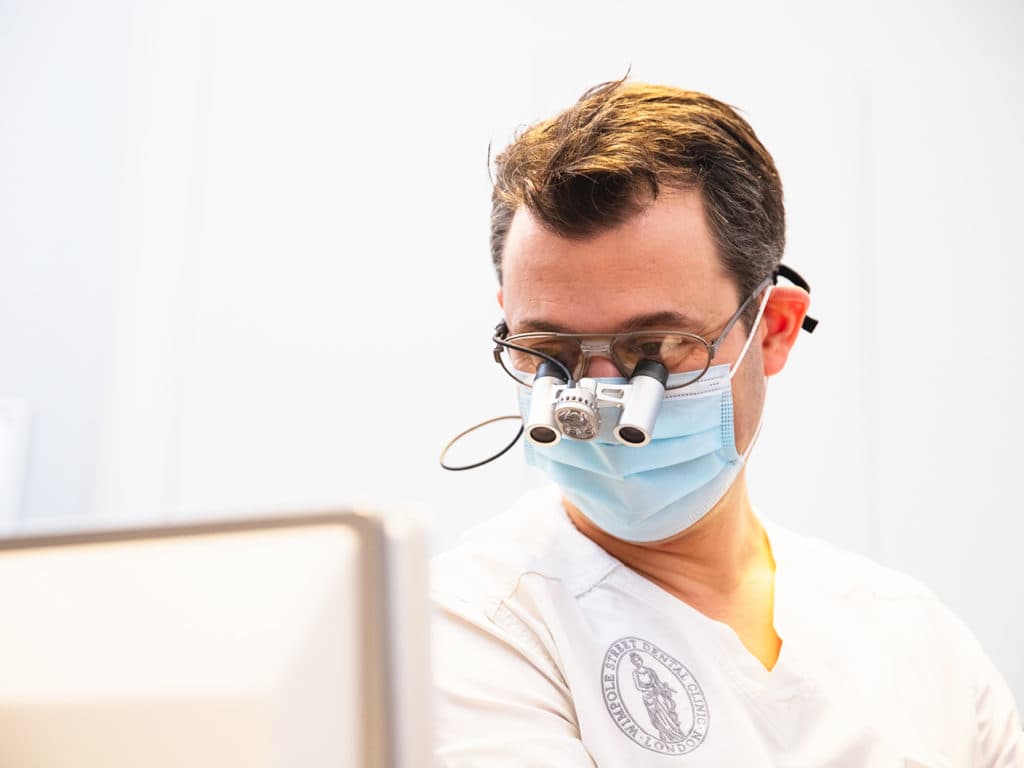
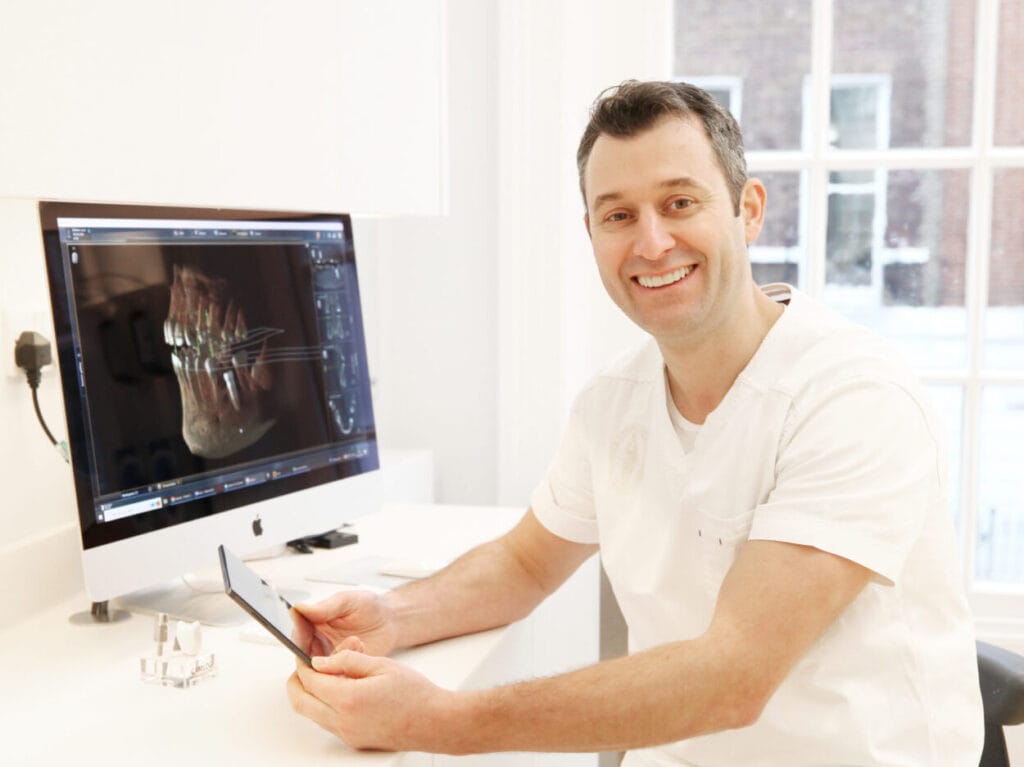

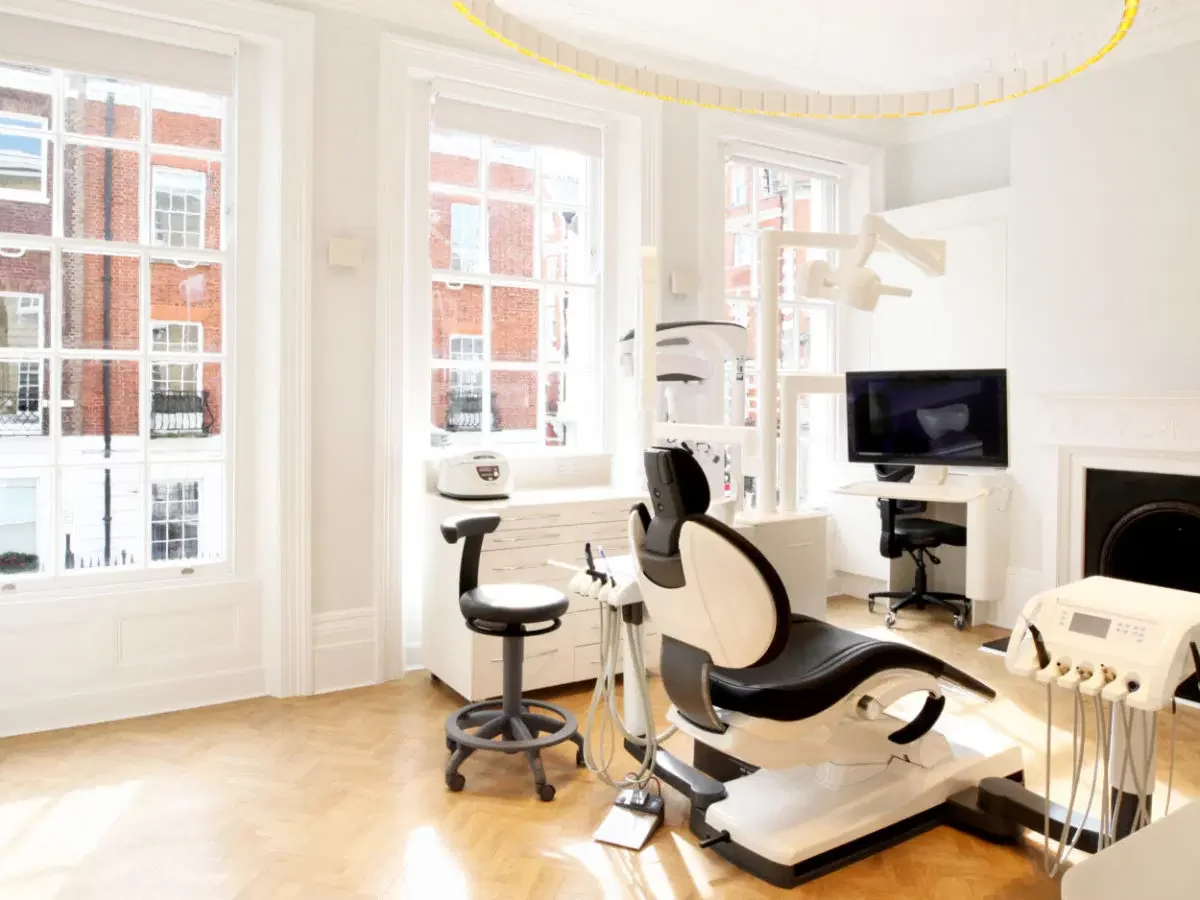


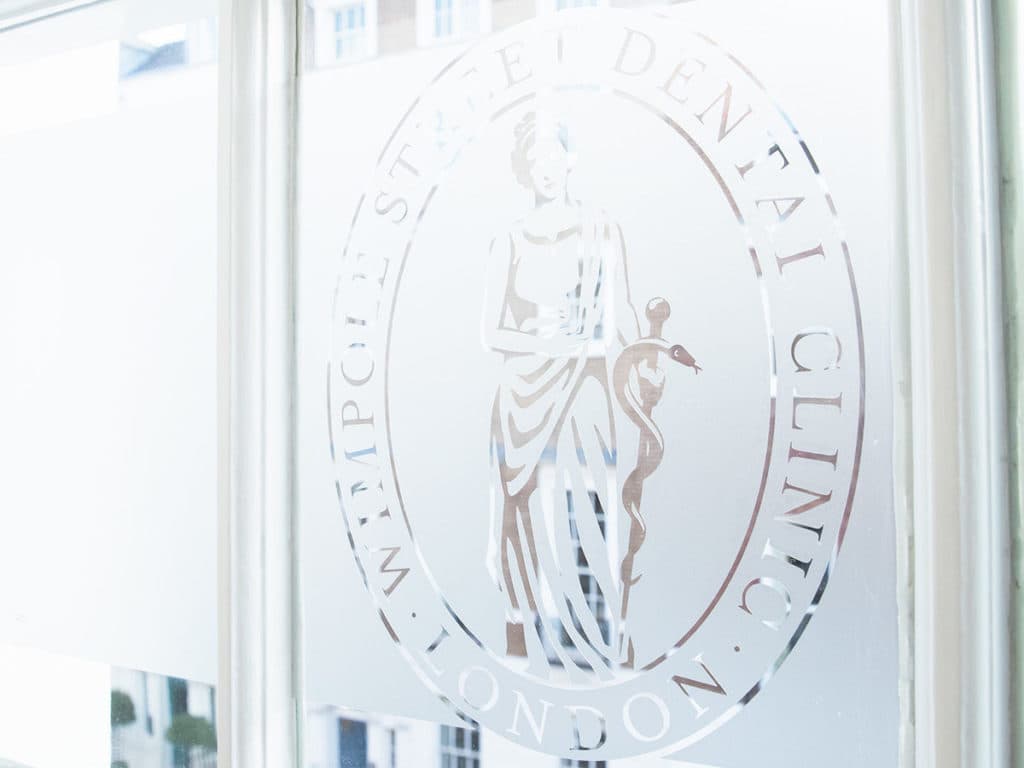
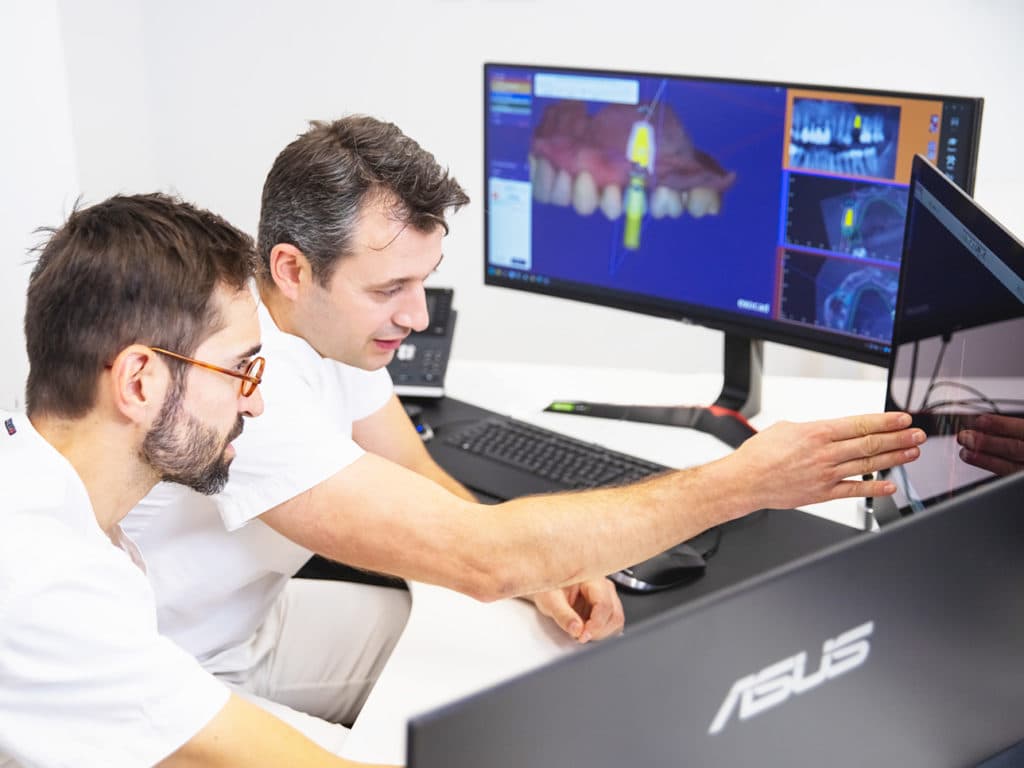



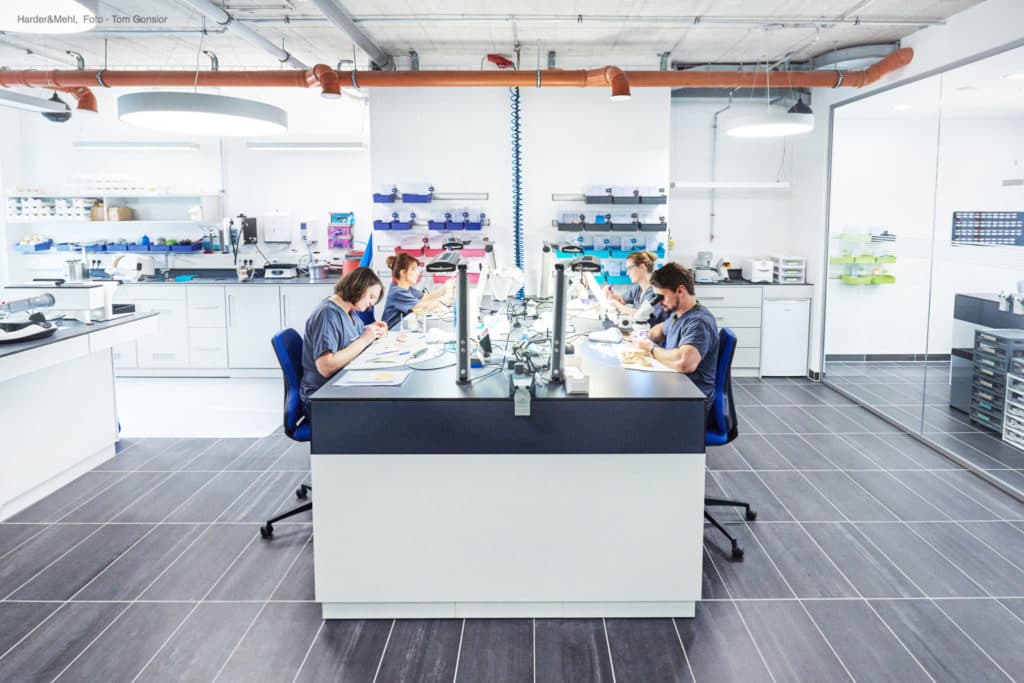

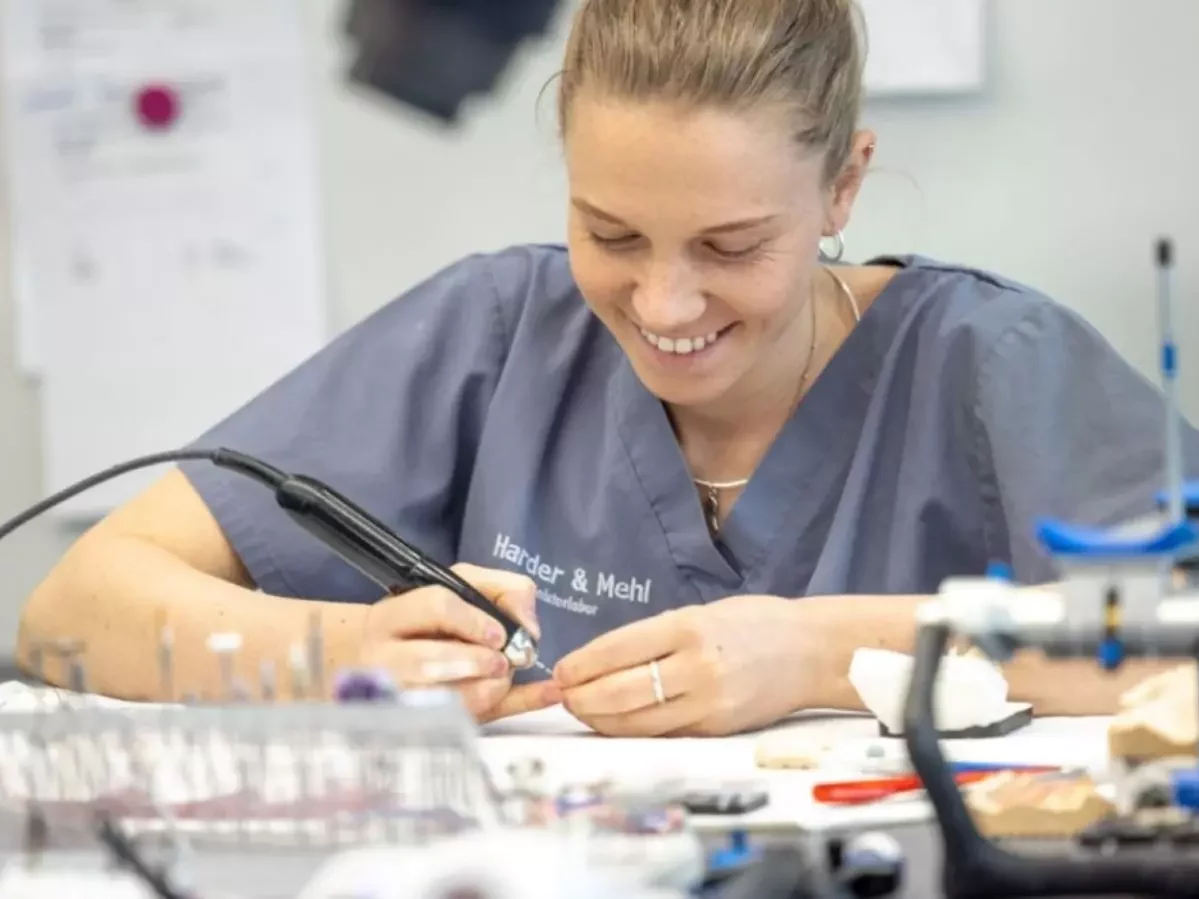
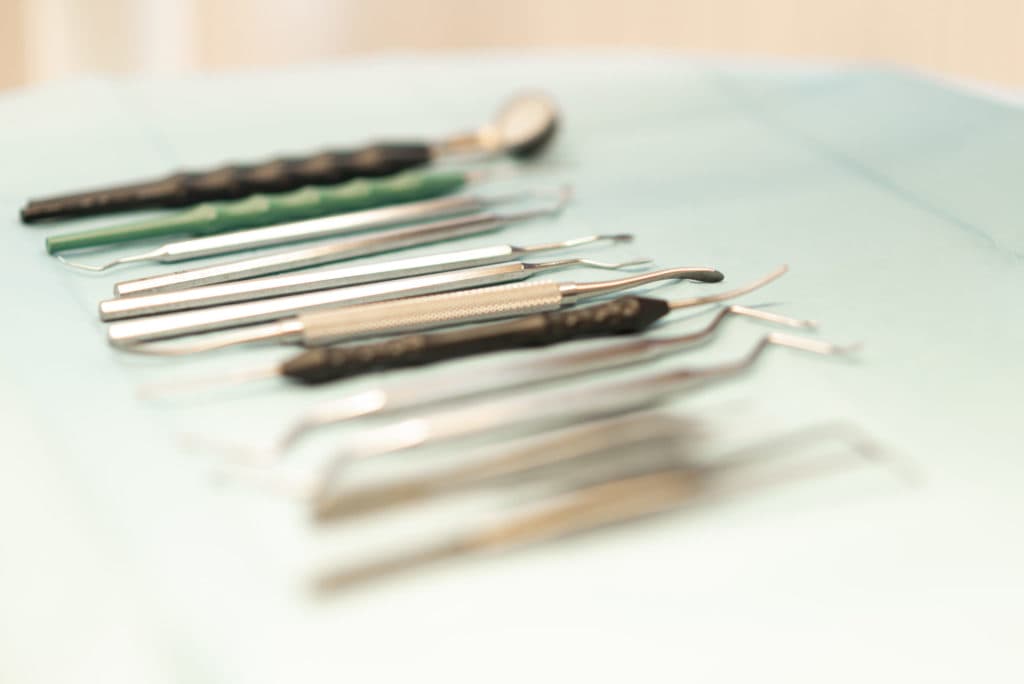
New page design
Written by: Prof Dr Christian Mehl
Medically reviewed by: Dr Raul Costa
Author biography added
Written by: Prof Dr Christian Mehl
Medically reviewed by: Dr Raul Costa
Original content created
Written by: Prof Dr Christian Mehl
Medically reviewed by: Dr Raul Costa
Wimpole St Dental Clinic has strict sourcing guidelines and relies on peer-reviewed studies, academic research institutions, and medical associations. We avoid using tertiary references. You can learn more about how we ensure our content is accurate and current by reading our editorial policy.
- Stober T, Bermejo JL, Rues S, Rammelsberg P. Wear of resin denture teeth in partial removable dental prostheses. J Prosthodont Res. 2020 Jan;64(1):85-89. doi: 10.1016/j.jpor.2019.04.004. Epub 2019 May 10. PMID: 31085073.
- Lechner SK, Roessler D. Strategies for complete denture success: beyond technical excellence. Compend Contin Educ Dent. 2001 Jul;22(7):553-9; quiz 560. PMID: 11494615.
- Renne W, Revell G, Teich S. The digital denture replication method (DRM): a simplified method to fabricate a complete removable prosthesis. Quintessence Int. 2020;51(10):838-843. doi: 10.3290/j.qi.a45267. PMID: 32954391.
- Kossioni AE. Prevalence and Factors Associated with the Use of Denture Adhesives by Older Complete Denture Wearers. Eur J Prosthodont Restor Dent. 2018 Nov 29;26(4):197-201. doi: 10.1922/EJPRD_01808Kossioni05. PMID: 30398316.






